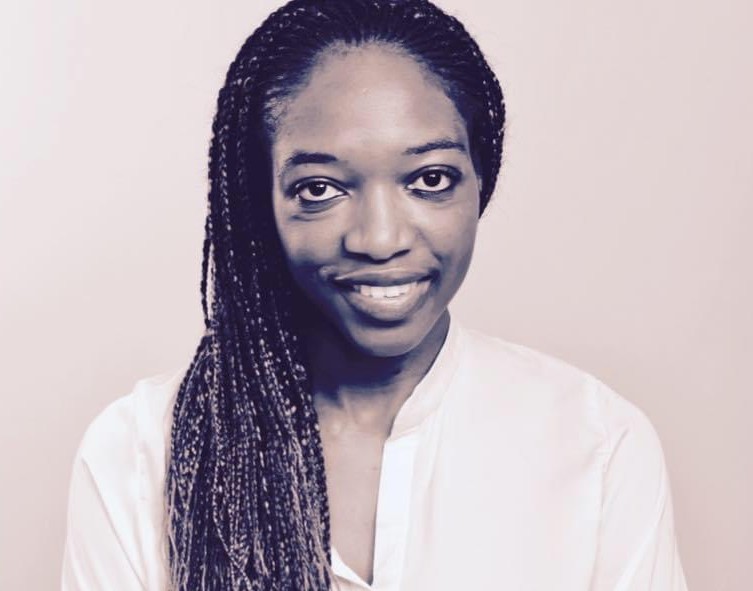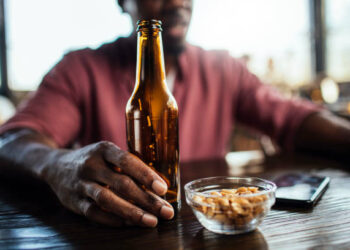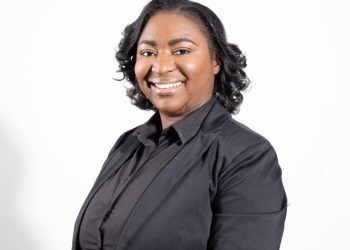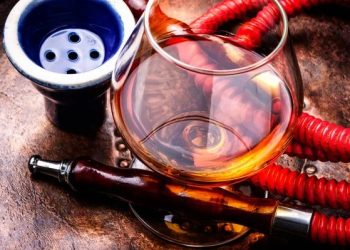
By Ondavulitha Nuunyango
So let’s talk about something real.
If you’re a parent in Namibia right now, you’ve probably heard the news. There’s a national campaign to vaccinate girls aged 9 to 14 against Human Papilloma virus (HPV). And for some, that raises questions. Maybe even a few fears. That’s normal. No one wants to feel like their child is being used for a medical experiment. And with all the noise out there, WhatsApp messages, social media rumours, it’s easy to feel unsure.
But here’s the thing. This vaccine could change lives. Literally.
What is HPV and why does it matter?
HPV, short for human papilloma virus, is a really common virus. Most people will get it at some point in their lives. It spreads through close skin contact, especially sexual contact. While most strains go away on their own, some do not. The high-risk types can lead to serious diseases. The most common is cervical cancer.
And cervical cancer hits Namibia hard. It’s one of the leading causes of cancer death among women here. That’s not just a statistic. It’s mothers, sisters, aunties, friends.
The good news is that HPV is preventable. That’s where the vaccine comes in.
Why vaccinate girls so young?
Because the vaccine works best before someone is exposed to HPV. That’s why the Ministry of Health is focusing on girls aged 9 to 14. It’s not about assuming anything about a child’s behaviour. It’s just the science. You protect early and give them the best chance of avoiding problems later.
Also, and this is important, it doesn’t encourage sexual activity. The HPV vaccine is no different from the other vaccines our children already receive through the national EPI schedule. It’s preventive, plain and simple. Like how we vaccinate against measles or tetanus. Nothing more.
Other countries have done the same. Australia, for example, started HPV vaccinations years ago. They’ve already seen a sharp drop in cervical cancer rates. This works.
So, is it safe?
Yes. Over 100 countries use this vaccine. It’s been around for nearly two decades. It’s backed by the World Health Organization, the CDC, and Namibia’s own Ministry of Health. The side effects are usually just a sore arm, maybe a little fever or tiredness. Serious reactions are extremely rare.
And the rumours about fertility issues?
There is no evidence to support that. Multiple studies from around the world have looked into it and all say the same thing. The HPV vaccine does not affect a girl’s ability to have children later in life. However, cervical cancer can affect fertility, depending on how early its caught, the type and stage of the cancer and what treatment is needed. Catching it early or preventing it altogether is what makes the difference
What about boys?
Good question. Right now, Namibia is starting with girls. That’s where the highest risk of cervical cancer lies. But vaccinating boys also helps protect everyone by reducing how much HPV spreads in the community. Some countries already include boys. It’s possible Namibia could go there too in the future.
Where is it being given?
The vaccine is being offered for free through schools and clinics across all 14 regions. If you haven’t seen a consent form yet, it’s coming. Or you can ask your local health centre. No private payment is needed. No jumping through hoops.
If you’re still not sure
That’s okay. It’s good to ask questions.
Speak to your local nurse or doctor. Ask your school. Or look it up on official sites, not the Facebook group where your cousin’s friend posted a video from who knows where. The truth is, a lot of misinformation spreads quickly, especially when people are scared. But fear is not the same as fact.
Final thought
The HPV vaccine is one of the simplest and safest ways to protect our girls from a cancer that is taking too many lives in Namibia. This is not about pressure. It is about protection. The kind that lasts long after the injection is over.
So if you get that form, read it. Ask your questions. But maybe consider saying yes.
Because one small decision today could mean a future where more girls grow up healthy, strong and free from a disease that never had to happen.
*Dr Ondavulitha Nuunyango, holds an MBCHB (Stellenbosch), member of Royal College of General Practitioners, practises as a Family Physician in the UK. The views expressed in the article are solely those of the author.











